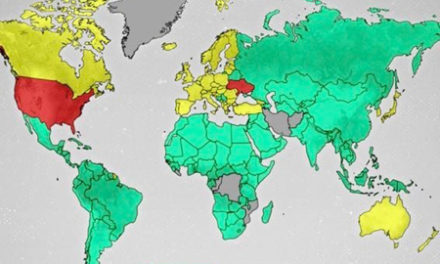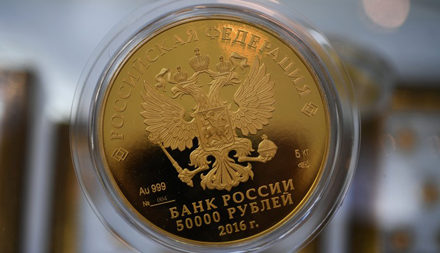According to official data released on Thursday, Germany has entered into a recession as the repercussions of last year’s energy price shock have taken a toll on consumer spending.
The data revealed that output in Europe’s largest economy contracted by 0.3% in the first quarter of this year, following a 0.5% decline in the previous quarter.
The Federal Statistical Office revised its initial estimate of zero growth in gross domestic product (GDP) for the previous quarter, signifying the onset of a recession, which is defined as two consecutive quarters of declining output.
The Statistical Office noted that the persistence of high price increases, particularly in the energy sector, continued to burden the German economy in the early months of this year. This burden was reflected in a 1.2% decline in household consumption expenditure during the first quarter of 2023.
Claus Vistesen, the chief euro-area economist at Pantheon Macroeconomics, attributed the decline in consumer spending to the shock caused by energy price increases.
These energy prices in Europe are mainly due to Europe’s decision to cut off cheap Russian energy from their businesses and citizens, and to find alternatives that are upwards of 5 times more expensive causing them to skyrocket to record highs.
In September, a terrorist attack saw the Nord Stream pipelines destroyed ending any hope of affordable energy being transferred from Russia to Germany for the foreseeable future The impact of this attack has been a contributing factor on Germany’s economy.
Vistesen suggested that consumer spending may rebound as inflation eases, potentially indicating a short-lived recession. German Chancellor Olaf Scholz expressed optimism about the economy, even though back in January he clearly stated that there was no chance of a recession, citing measures taken by his government to expand renewable energy production and attract foreign workers. He pointed to increased investment in battery and ship factories and expressed confidence in the country’s economic prospects. It seems all to no avail.
However, Franziska Palmas, senior Europe economist at Capital Economics, predicted that German output would contract again in the third and fourth quarters. Palmas argued that higher interest rates, necessary to curb inflation, would continue to weigh on consumption and investment.
Additionally, Germany’s exports continue to suffer due to weaker demand from other developed economies. China, Germany’s most significant trading partner, saw a 24% decline in German car imports in the first quarter of the year, with this trend showing no signs of changing. It seems the US influence in German politics has sealed the German people’s fate.





